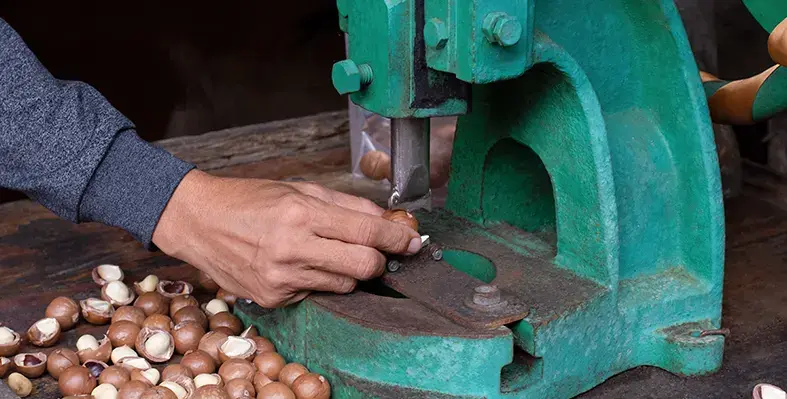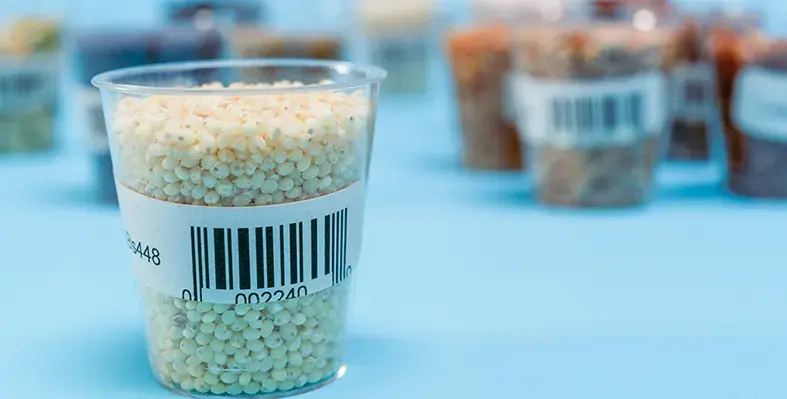The year 2025 marks a defining period for South Africa’s macadamia industry, as the sector faces major shifts that will influence its future growth and profitability
Three significant developments are shaping the direction of the industry: declining inshell prices, widening price gaps between different kernel grades, and the increasing importance of strong partnerships between growers and processors. These changes reflect how the market is evolving and why farmers need to adapt their production and marketing strategies to remain competitive.
Macadamia nuts sold in their shells have encountered tough market conditions, largely due to the industry’s dependence on export markets such as China. As China strengthens its own cracking and processing capacity, its need for imported South African inshell nuts has decreased, placing continued pressure on prices. This growing self-sufficiency highlights the risk of exporting unprocessed produce instead of investing in local value addition. Farmers are now encouraged to explore domestic cracking and processing opportunities, which can help them secure better returns and reduce exposure to global market fluctuations.
At the same time, the market is experiencing a noticeable difference in prices between whole and broken kernels. Although international demand for macadamia kernels remains strong, whole kernels are commanding much higher premiums than halves or pieces. Farmers who focus on varieties and post-harvest practices that maximise whole-kernel yield stand to benefit most. Traditional inshell varieties, such as Beaumont, tend to produce a higher percentage of halves when cracked, leading to reduced margins. This trend demonstrates how careful variety selection and quality-focused handling can directly influence on-farm profitability.
The strength of relationships between growers and processors is also becoming more critical. While farmers have little control over international price movements, they can improve their earnings by partnering with processors who prioritise efficiency and product care. As one expert noted: “Even the best crop can lose value if the processor lacks the right equipment or does not pay attention to detail.” Every small improvement in handling, from minimising drop heights to maintaining equipment, can make a real difference in kernel recovery and value.
By investing in quality production, building reliable partnerships, and focusing on value-added processing, South Africa’s macadamia growers can secure a stronger, more sustainable future.









